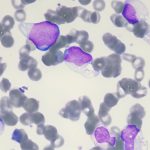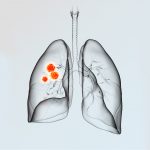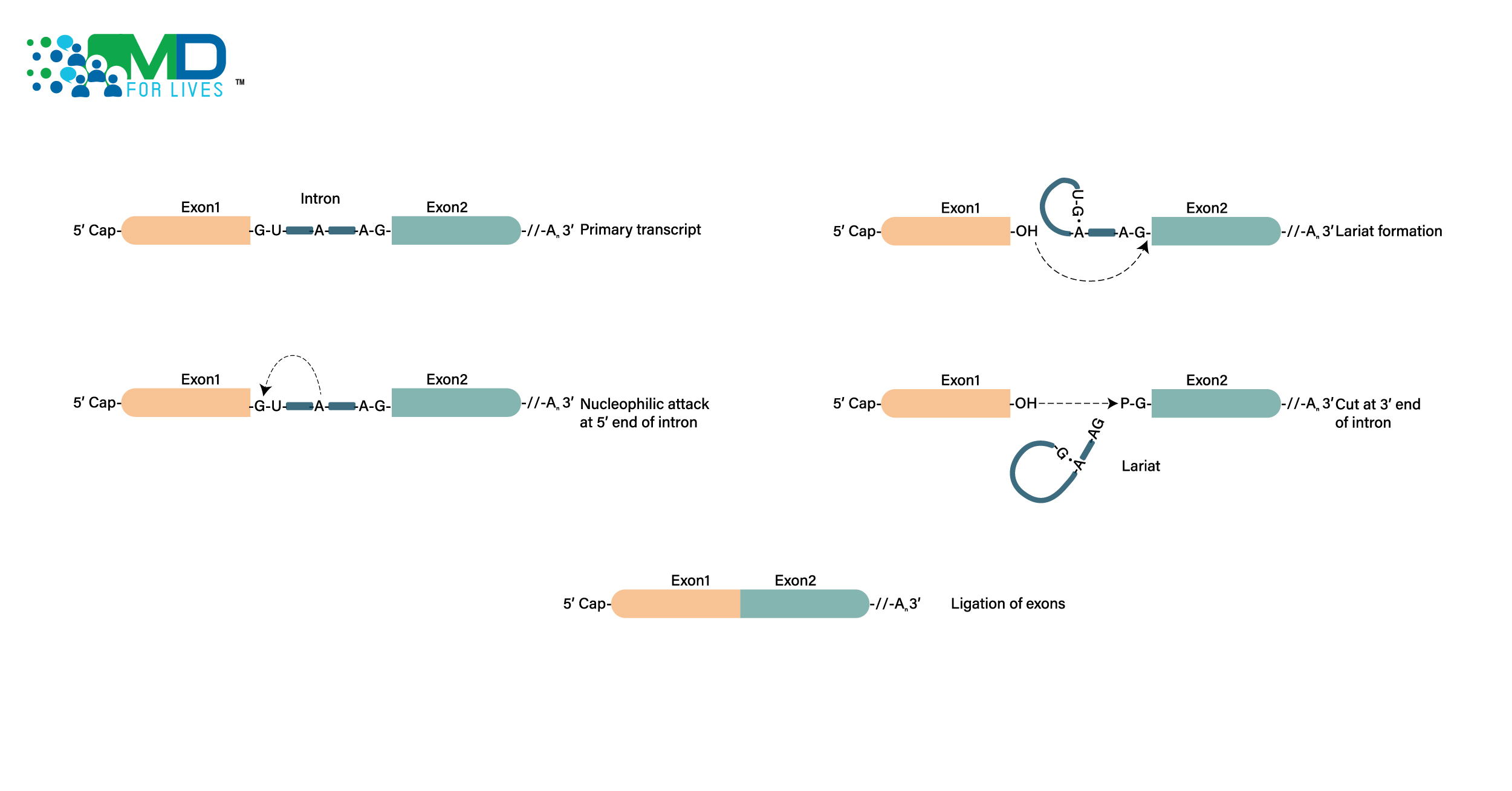Nearly 80% of breast cancer are estrogen receptor-positive and endocrine therapy resistance occurs in approximately 30% of them.1
Researchers have found a predictive biomarker for sensitivity to HER2 inhibition in endocrine therapy-resistant breast cancer, i.e., the biomarker can be used to identify the patient who will develop resistance to endocrine therapy. The study was published in Nature Communications. Another study published in Nature Medicine suggests a positive impact of androgens in breast cancer treatment with immediate implications for women with metastatic ER+ breast cancer.2
MLH1 and PMS2 – Predictive Markers for Endocrine Treatment Resistant Breast Cancer
Estrogen receptor-positive (ER+) breast cancer is the most commonly diagnosed cancer in women and endocrine therapy is the mainstay of therapy, although resistance remains a major issue. Endocrine therapies interfere with ER signaling and inhibit breast cancer; however, not all patients respond well. ER+ and HER2 negative breast cancer are less responsive to endocrine therapy, but respond better to combination with HER inhibitors. At diagnosis, most ER+ positive breast cancers are HER2 negative. The majority of the ER+ patients respond well to endocrine therapy, unfortunately, many patients who initially responded would later become resistant/refractory to the therapy, resulting in a relapse which can lead to death.
In this study, researchers at Sanford Burnham Prebys Medical Discovery Institute demonstrated the activation of HER2 after the ER+/HER2-negative breast cancer treated with endocrine therapy. The patients who were initially diagnosed with ER-positive, HER2-negative breast cancer, converts to HER2-positive after endocrine treatment and eventually become resistant to the therapy, resulting in metastatic relapse.
It is found that two genes MLH1 and PMS2 are the drivers of endocrine treatment resistance. The loss of mismatch repair genes MLH1 and PMS2 activates HER2 when ER+ HER2−negative cells were exposed to endocrine therapies.
Findings suggest MLH1 and PMS2 loss can serve as a predictive marker for response to HER inhibitors in HER2− ER+ breast cancer patients. Diagnostic assays of these markers for ER+/HER2− breast cancer patients can help to tailor the treatment for a significant subset of patients. Routine test for mismatch repair protein is already implemented for colorectal cancer, ovarian cancer, and endometrial cancer.
Androgen receptor is a tumor suppressor in ER+ breast cancer – A new discovery
Researchers at the University of Adelaide conducted an international study in collaboration with the Garvan Institute of Medical Research and found that androgen receptor has a tumor suppressor role in ER-positive breast cancer.
In mammary gland development, estrogen stimulates while androgen inhibits breast development, independent of sex. Abnormal levels of estrogen have been linked to an increased risk of breast cancer, whereas the role of androgen receptor (AR) is always debatable in breast cancer.
The invention of endocrine therapy revolutionized the treatment of breast cancer but a significant number of patients are resistant to endocrine therapy, the main cause of mortality in ER+ breast cancer.
The need for an alternative approach for endocrine therapy-resistant breast cancer renewed interest in androgen therapy. Using cell-line and patient-derived models, researchers demonstrated that AR activation exerts potent antitumor activity in multiple contexts of ER+ breast cancer, even those resist standard-of-care ER and CDK4/6 inhibitors. The therapeutic response improved when AR agonists were combined with standard-of-care agents.
AR activation exerts the tumor suppressor role by altering the genomic distribution of ER and the essential cofactors, which in turn induced the repression of ER-regulated cell cycle genes and upregulation of AR target genes, particularly the tumor suppressors.
The role of androgen receptors has not been clearly understood, the new study provided new insights into the role of the androgen receptor in estrogen receptor driven breast cancer.
This work has immediate implications for women with estrogen receptor-positive breast cancer. The findings provide evidence that AR plays a tumor suppressor role in ER+ breast cancer and suggests it is more effective than existing standard-of-care treatments and can be combined to enhance the response rate. The study strongly supports AR agonism as the optimal AR-directed treatment strategy.
Given the efficacy of AR agonism at multiple stages of ER+ breast cancer, researchers hope that this treatment strategy could become a new class of endocrine therapy for breast cancer.
The above findings have the potential to guide novel treatment strategies for estrogen receptor-positive breast cancer.
https://www.nature.com/articles/s41467-021-23271-0#Sec8
https://www.nature.com/articles/s41591-020-01168-7







